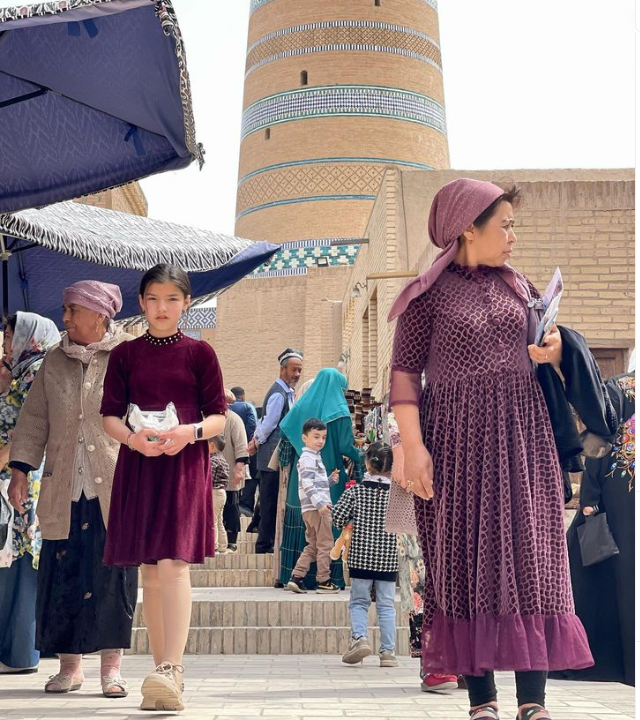Uzbe Desk, Delhi Magazine: Uzbekistan approves amendments to the Constitution that increase the term of office of the president. According to preliminary data from the Central Election Commission, at a referendum on April 30, 90.21% of voters voted in favor of reforming the Basic Law, while only 9.35% were against. Turnout was 84.54%.
Among the approved innovations are the expanded clauses on equal rights for men and women, a ban on forced child labor, and liability for interference in the work of the media. Political amendments have also been made: in particular, the president will be able to rule not for five, but for seven years (no more than two terms in a row).
Given the rule on the possibility of running again in elections, President Shavkat Mirziyoyev, who has been ruling since 2016, can remain head of state until 2040, when he turns 83 years old.
President Shavkat Mirziyoyev announced plans to carry out constitutional reform in 2021. At the inauguration after being elected for a second term, he announced that the authorities “resolutely continue the course of democratic reforms”, and promised that from now on they will proceed from the new principle: “man – society – state”, and not vice versa.
There are many amendments to the Basic Law – the reform assumes that it will be updated by 65%. The total number of articles will increase from 128 to 155, and the number of norms – from 275 to 434. The new Constitution contains norms that will triple the state’s social responsibility to citizens. In particular, it spells out the topic of education in more detail, expands the clause on equal rights for men and women, prohibits forced child labor, and defines responsibility for interference in the work of the media.
The referendum was held by noon
The CEC announced that the referendum had taken place already in the middle of the day. According to the commission, by 13:00 Sunday (15:00 Moscow time), more than 12 million out of almost 20 million citizens had voted, which is 62% of the total number of voters. “We are evidence of the high activity of voters,” Bahrom Kuchkarov said at a briefing. Already by noon at polling stations in Tashkent, the average turnout was about 50%.
On May 1, the day after the voting, observers from international organizations made their preliminary assessments. Thus, the CIS mission came to the conclusion that the authorities gave “citizens the opportunity to freely express their will.” The SCO mission also highly appreciated the voting process – it stated that the process met “the requirements of the legislation of the Republic of Uzbekistan and accepted international obligations.”
A more detailed report was made by the OSCE Office for Democratic Institutions and Human Rights (ODIHR). The constitutional referendum in Uzbekistan, ODIHR experts write , “was technically well prepared and widely presented as an intention to improve various rights and freedoms.” The discussion on the amendments was generally inclusive, the report says, but there was no open debate on some sensitive issues.

